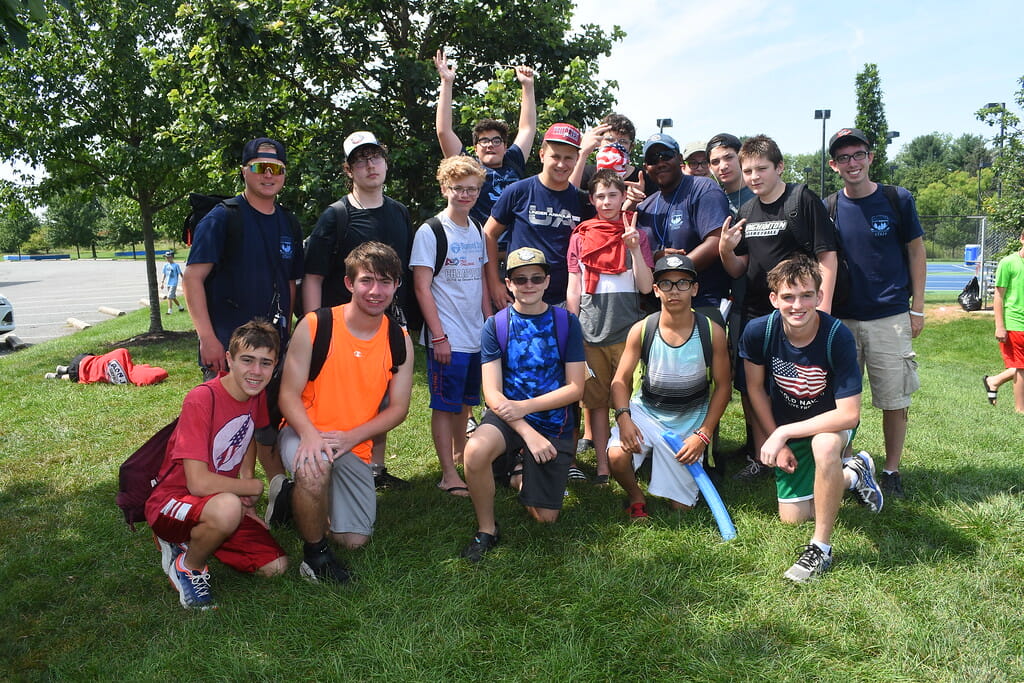

Each October, we celebrate ADHD awareness month. This celebration often outlines budding research, like this study published by the Journal of Neuropsychiatric Disease and Treatment. Far more importantly however, this month serves as a way to build community and social connections throughout the ADHD community. These connections are not limited to our summer camp programs catering to ADHD in Pennsylvania, but more broadly across the county as parents and professionals use this time to creatively strive to connect for the benefit of the entire community.
Specifically, Sequoia programs donates time to consult with schools, and offers Zoom outreach during ADHD awareness month and endeavors to connect students with ADHD to local and virtual community. One of the best resources for ADHD, especially this month can be found here. Each year, a panel of experts provides valuable information for community at large. For example in 2019, myths and facts about ADHD were addressed and this year weekly experts address the idea of a shared experience of those with ADHD and their families. Other notable organizations, such as CHADD provide resources both during ADHD awareness month and throughout the year and specifically contributes to the ADHD Awareness Month portal.
ADHD has a strong genetic component and as such, resources for kids– like Camp Sequoia are amazing, but it is important to have resources for adults as well. ADDA (The Attention Deficit Disorder Association) also contributes to ADHD awareness month and has a unique spin on TED talks, with their TADD talks (9 minutes each) featuring bite sized information on adults presented in an ADHD friendly shortened format.
Finally, we recognize that October kicks of the holiday season and our very own Dr. Lew, Camp Psychologist is happy to share some tips for families who are likely spending more time together over the holidays. For 2022, here are five strategies that will set families with children up for success over the holiday season.
1)Sometimes less is more. Don’t attempt to program every second with trips, visits, adventures etc. A good way to put this in context is to remember that holidays can and should be a time to focus on what is really important.
2)Set reasonable expectations with age-appropriate buy in from kids. Do you expect beds to be made each morning during a school break? Are meals mandatory or optional? What is the family policy on technology at meals? An open discussion where a child has input in expectations will yield a more pleasant experience all around.
3)Allow some activities to be child directed. Perhaps the family goes to visit relatives or makes an evening of seeing the holiday lights. Allowing, as is age appropriate, children to help plan and have input on whole family activities will give them buy it for activities that they have potentially less interest in doing.
4)Don’t forget about structure. Of course, not every minute of the day needs a structure, but knowing when and how things are happening ahead of time can ease the mind— and not just of those with ADHD– leading to smoother transitions and more positive outcomes.
5)Pick your battles. Take a moment and understand the difference between a child being stubborn or defiant and one who has exhausted all of their social battery. This might mean giving a choice between doing an activity now or later– thus maintaining structure — but understanding that our kids can get overstimulated and sometimes a bit of time and reflection can be an excellent path forward.
